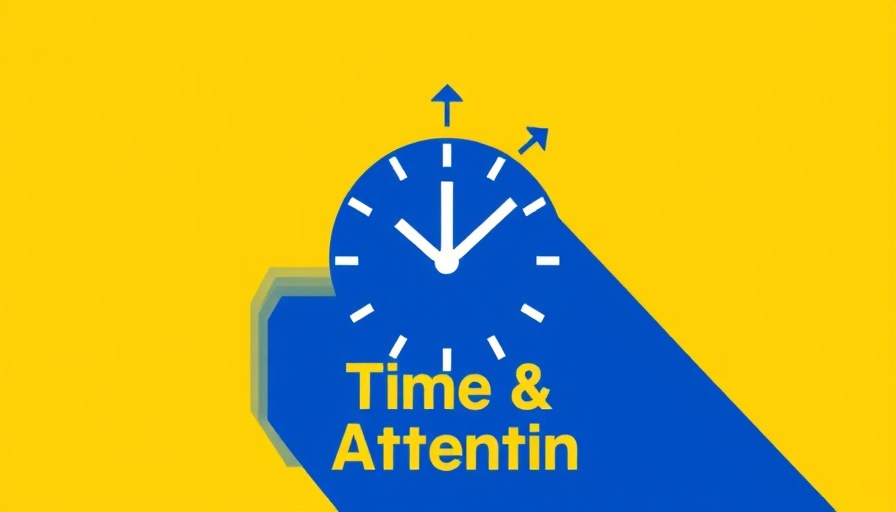
Why Stepping Outside Your Comfort Zone Unlocks Potential
In today's fast-paced world, particularly for executives and entrepreneurs aged 35-55, the pressure to perform can often lead to stagnation. As highlighted in the insightful video, Why Your Comfort Zone Is Killing Your Potential, speaker Myron Golen offers compelling advice on the importance of stepping beyond familiar boundaries. Comfort zones may feel safe, but they can stifle growth, creativity, and ultimately, success.
In Why Your Comfort Zone Is Killing Your Potential, Myron Golen discusses the vital necessity of stepping outside familiar boundaries to explore how this impacts personal and professional growth.
Understanding the Boundaries of Your Comfort Zone
Your comfort zone is essentially a psychological state where you feel secure and at ease, but it also limits your potential. It’s essential to recognize that growth often happens when we step outside of these boundaries. Embracing discomfort leads to new opportunities, enhancement of skill sets, and expansion of professional networks. It may sound daunting, but the rewards far surpass the initial fear.
Motivation to Expand: Insights into Risk and Reward
Golen emphasizes that the path to success involves risk-taking. Entrepreneurs must understand that great achievements often require venturing into uncertainty. By weighing the potential risks against the rewards, individuals can make informed choices that could lead to remarkable breakthroughs in their careers.
The Role of Failure in Growth
One of the biggest misconceptions is that failure is something to be avoided at all costs. However, Golen suggests that true resilience comes from learning through failure. It’s essential not to see failure as an endpoint, but rather as a necessary step on the road to success. Repeated attempts, accompanied by lessons learned from setbacks, ultimately prepare one for success.
Actionable Steps to Cultivate a Growth Mindset
1. **Set Achievable Challenges**: Start by taking smaller steps outside of your norm. These can be simple adjustments in your daily routine or professional tasks. The aim is to gradually increase the level of risk you’re comfortable taking.
2. **Seek Feedback**: Surround yourself with mentors and trusted colleagues who can provide constructive feedback. This will not only aid you in assessing your progress but also encourage you to remain accountable.
3. **Reflect and Adapt**: Regularly taking time to reflect on your achievements and setbacks helps in adjusting your approach. This continuous self-assessment fosters resilience and adaptability in a changing business landscape.
Real-Life Examples of Success Beyond Comfort
Throughout history, we can look at many innovators who overcame their comfort zones to achieve groundbreaking success. From Steve Jobs, who revolutionized technology, to Oprah Winfrey, who transformed media, each displayed extraordinary courage by embracing discomfort and navigating through uncertainty. Their journeys remind us that success often beckons us to adopt new challenges.
How to Deal with Stress While Expanding Your Comfort Zone
The transition from comfort to growth can be stressful. For many executives, managing stress is paramount. Techniques such as mindfulness, regular physical activity, and effective time management can aid in maintaining poise while pursuing personal growth. Implementing a balanced approach to life and work helps reduce anxiety and promotes a healthy mindset.
Final Thoughts: Charting Your Path to Success
As executives and entrepreneurs consider their future, understanding the role of the comfort zone is critical. It shapes not only personal growth but also impacts business innovations. In the words of Myron Golen from the discussed video, embracing discomfort can unlock vast potential and yield transformative results.
Taking that leap may feel overwhelming, but it’s essential for anyone looking to enhance their productivity and ensure successful outcomes in an ever-evolving marketplace.
 Add Row
Add Row  Add
Add 




Write A Comment